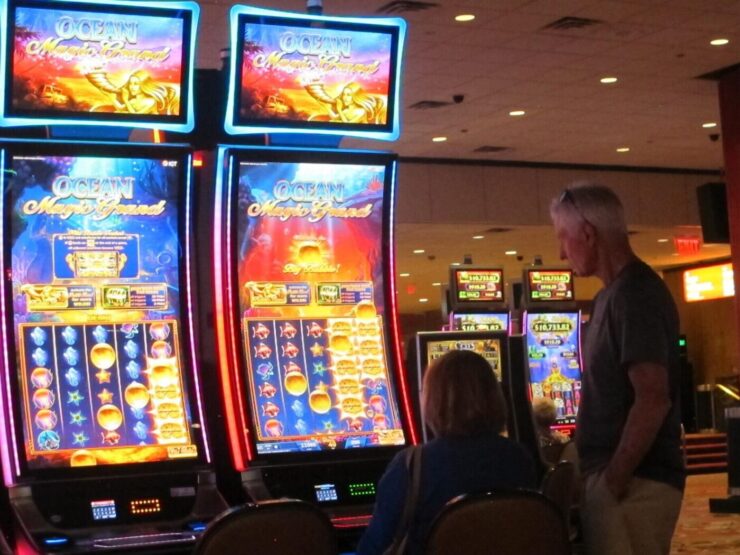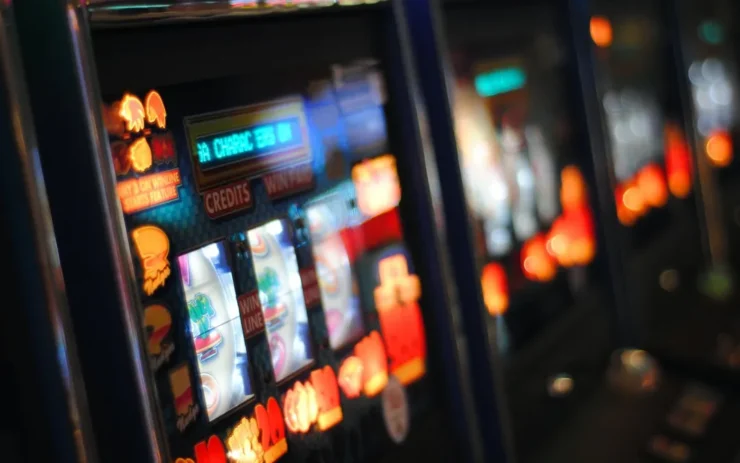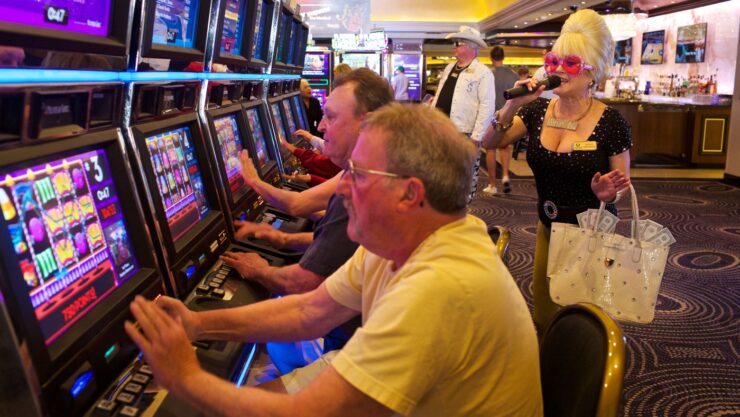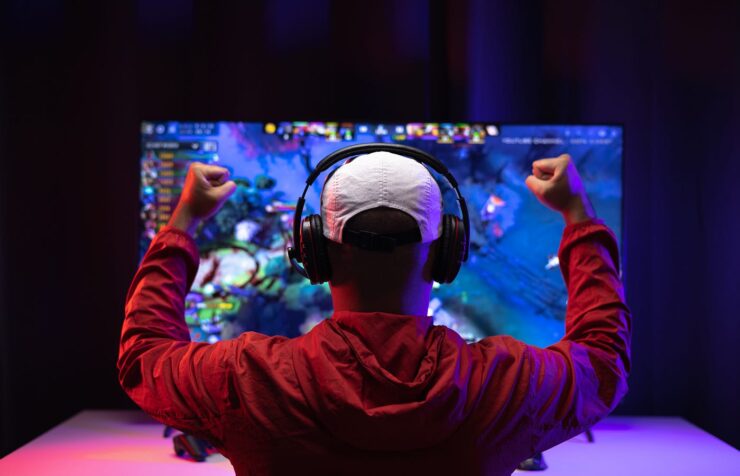In the world of entertainment, where the digital and the tangible blend to create immersive experiences, music plays a pivotal role in shaping these worlds, crafting atmospheres, and guiding emotions. Video games and casinos, two realms where fun, excitement, and sometimes high stakes coalesce, leverage music to elevate the user experience into something memorable and powerful.
This exploration delves into the intricate dance between melody and play, highlighting how music is not just an accessory but a core component that shapes the entire experience.
Table of Contents
The Emotional Conductor

Music in an online casino is the unseen hand that guides the emotional currents of players, creating an undercurrent of feelings that can enhance excitement, induce tension, or evoke nostalgia. In video games, composers use thematic tunes to accompany heroic quests or to underscore the villain’s entrance, tapping into a universal language of emotion.
The impact of these melodies can be profound, turning a simple sequence of gameplay into an epic narrative journey. Similarly, in the casino environment, music serves to either relax the player, creating a welcoming and comfortable atmosphere, or to heighten the thrill of the gamble with faster tempos and energizing rhythms. The strategic use of music can manipulate the player’s emotional state, making the experience more intense, enjoyable, and memorable.
Crafting Immersive Worlds
Immersion is the holy grail of both video games and casinos, seeking to pull players into their universe and hold their attention captive. Music acts as a key ingredient in this immersive recipe, creating a sense of place and time that can transport players to other worlds. In video games, whether it’s the haunting melodies of a dystopian future or the lively tunes of a fantasy market square, music crafts the setting around the player, making it more tangible and real.
Casinos, on the other hand, use music to create a bubble of timelessness, where the outside world fades away, and the focus narrows to the game at hand. The careful selection of background music and sound effects in these environments can make the difference between a fleeting visit and a prolonged stay.
Rhythm of Gameplay
The interplay between music and the mechanics of gameplay or gambling is a dance that requires precise choreography. In video games, music can signal changes in gameplay, alert players to danger, or indicate the presence of allies or enemies. The tempo and intensity of the music often match the pace of the game, with slower, more contemplative pieces accompanying puzzles or exploration, and fast-paced, rhythmic tunes accompanying combat or chase sequences.
This alignment of music with gameplay mechanics enhances the player’s engagement and responsiveness. Casinos use a similar strategy, with the tempo of music often matching the speed of game rounds, encouraging a rhythm of play that keeps players engaged and invested in the outcome.
Memory and Nostalgia

Music has a profound ability to evoke memory and nostalgia, linking players to past experiences and emotions. Classic video game themes have become iconic, instantly recognizable tunes that can transport players back to their childhoods or moments of significant personal achievement within the game.
This nostalgia factor is a powerful tool in maintaining player engagement and loyalty, as it connects the present experience with a rich tapestry of personal history. Casinos, while operating in a different realm, also utilize nostalgic music, often incorporating popular hits from past decades to create a comfortable and familiar atmosphere for a diverse demographic of players.
The Social Orchestra
Both video games and casinos often have a social component, where players interact with each other within the context of the game. Music plays a crucial role in shaping these social experiences, acting as a backdrop that can encourage interaction or competition. In multiplayer video games, dynamic music scores can react to the actions of players, creating a collective experience that is both cohesive and exhilarating. Casinos use music to create a shared ambiance, promoting an environment where players feel part of a larger, communal experience, even when engaged in solitary play.
The Sound of Success
Finally, music signifies achievement and success in both domains. In video games, triumphant music accompanies the completion of a level, the defeat of a boss, or the achievement of a significant milestone, rewarding the player audibly as well as visually.
Casinos employ similar tactics, with the sounds of jingling coins and uplifting musical stings accentuating wins, big or small. These auditory cues serve as positive reinforcement, encouraging continued play and heightening the sense of accomplishment.
The Psychological Lever

Beyond the immediate, tangible effects of music on the atmosphere and gameplay, there lies a deeper, more subtle layer of influence – the psychological impact on the player. Music has the power to affect mood and behavior, subtly nudging players towards certain emotional states and actions. In video games, a carefully chosen soundtrack can make the difference between a player feeling like an unstoppable hero or a cautious adventurer, subtly influencing the approach they take to gameplay.
This psychological manipulation extends to the realm of casinos, where music is used not just to entertain but to maintain an optimal level of arousal – a state where players are engaged and alert, but not so overstimulated that they become reckless or anxious. The psychology of music in these settings is a fine balance, one that can significantly affect the player’s experience and behavior.
Narrative and Identity
In video games, more so than in casinos, music plays a crucial role in storytelling and the construction of identity. Through thematic motifs and leitmotifs, composers can tell a story without words, representing characters, locations, and emotions through music alone.
These musical themes become intertwined with the identity of the game and its characters, helping players form a deeper connection to the story being told. The music becomes a part of the game’s identity itself, as iconic as its graphics or gameplay mechanics. In this way, music contributes to the player’s understanding and attachment to the game, enriching the narrative and making it a more integral part of the player’s own story.
Technological Evolution and Innovation
The evolution of technology has played a significant role in how music is integrated into video games and casinos. With advancements in sound design and music production, the quality and complexity of musical compositions in these environments have grown exponentially.
In video games, dynamic soundtracks that change based on player actions or game states have become more common, creating a more interactive and responsive musical experience. Similarly, in casinos, the integration of surround sound systems and personalized audio through headphones allows for more immersive and tailored musical experiences for players. This technological innovation not only enhances the quality of the music but also its impact on the player experience, allowing for more sophisticated emotional and psychological manipulation.

